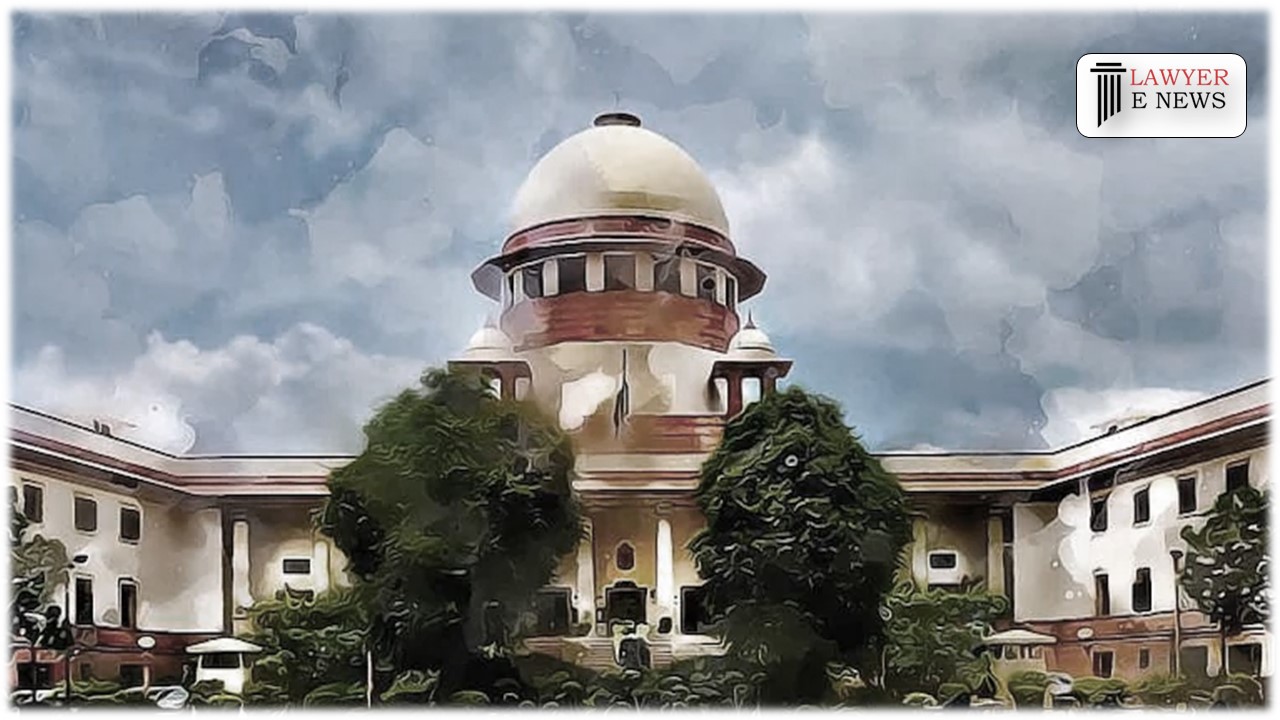-
by sayum
14 February 2026 2:22 PM



The Supreme Court in its landmark decision has reiterated the critical legal principle that suspicion, however strong it might be, cannot replace the necessity for proof beyond a reasonable doubt in criminal cases. This judgement becomes a significant precedent in cases reliant on circumstantial evidence, emphasizing the rigorous standards required for conviction.
Facts and Issues: The case involves appellants Ballu @ Balram @ Balmukund and another, convicted by the High Court of Madhya Pradesh for the murder of Mahesh Sahu, under Sections 302, 201 and 34 of the Indian Penal Code (IPC). The Supreme Court examined whether the High Court was justified in reversing the trial court’s acquittal, particularly in a scenario predominantly based on circumstantial evidence.
Court’s Detailed Assessment:
Principles of Circumstantial Evidence: The apex court highlighted that for a conviction based on circumstantial evidence, the prosecution must establish a conclusive chain of circumstances that unequivocally point to the guilt of the accused. The judgment stressed the importance of the principles laid down in Sharad Birdhichand Sarda v. State of Maharashtra.
Appellate Interference in Acquittal: The Court discussed the limited scope of appellate interference in acquittal cases, underlining that such interference is justified only if the trial court’s findings are perverse or not based on a sound appreciation of evidence.
Analysis of Evidence: The Supreme Court critically analyzed the evidence presented, including the testimonies of key witnesses and the findings of the trial judge. It was observed that the trial judge’s acquittal was based on a careful examination of the evidence, which the High Court had inappropriately reversed.
Rejection of High Court’s Findings: The apex court noted that the High Court’s judgment was based more on conjectures and surmises rather than a factual analysis of the case, making it unsustainable in law.
Decision: In light of the above observations, the Supreme Court set aside the High Court’s judgment, thereby acquitting the appellants of all charges. The Court’s decision reinforces the principle that a conviction cannot be based on suspicion alone and must adhere to the stringent standard of proof beyond reasonable doubt.
Date of Decision: 2nd April 2024.
Ballu @ Balram @ Balmukund And Another vs. The State Of Madhya Pradesh,
